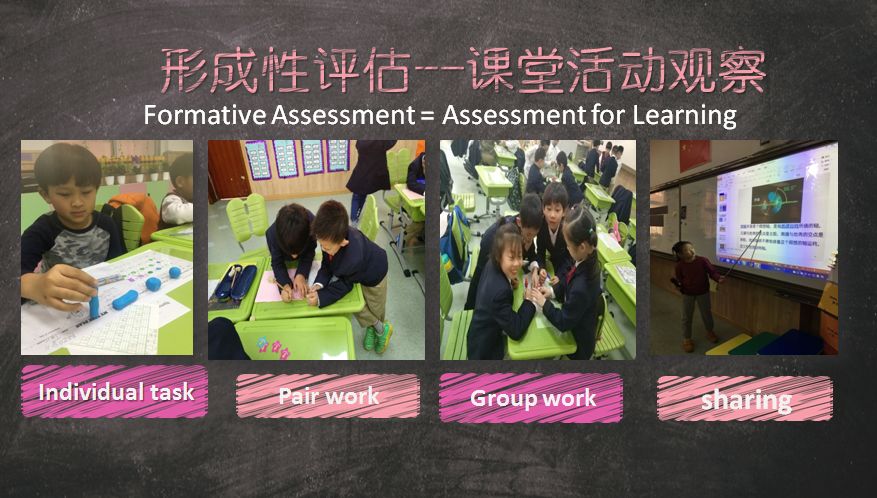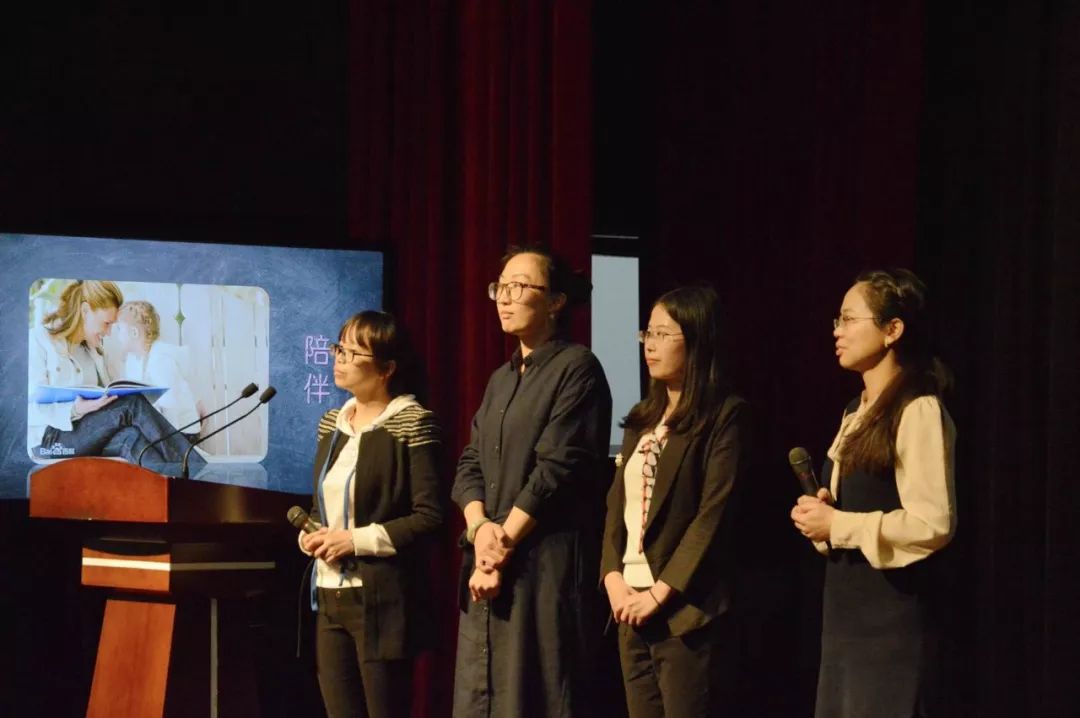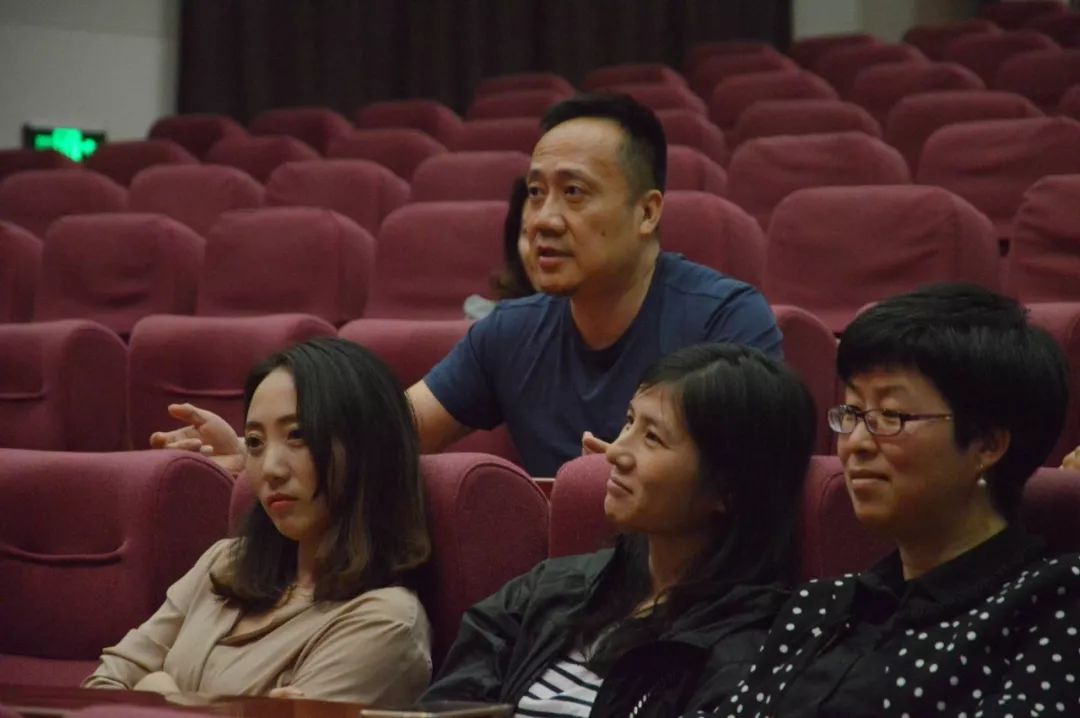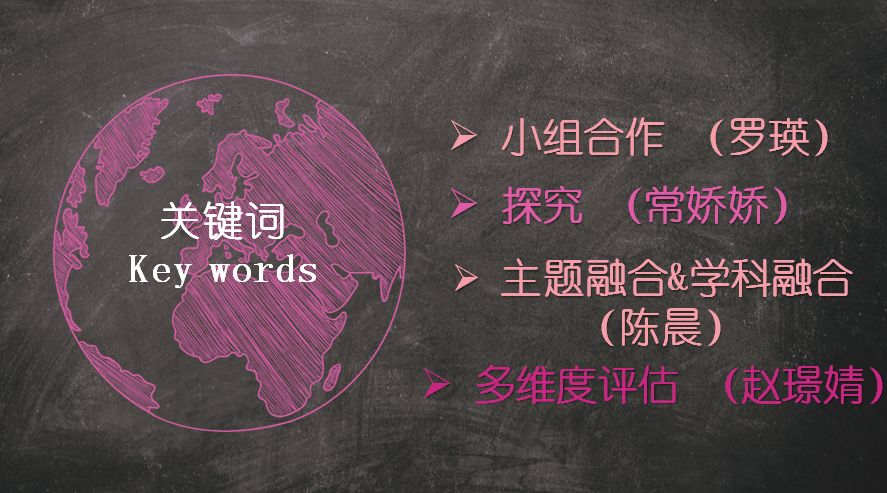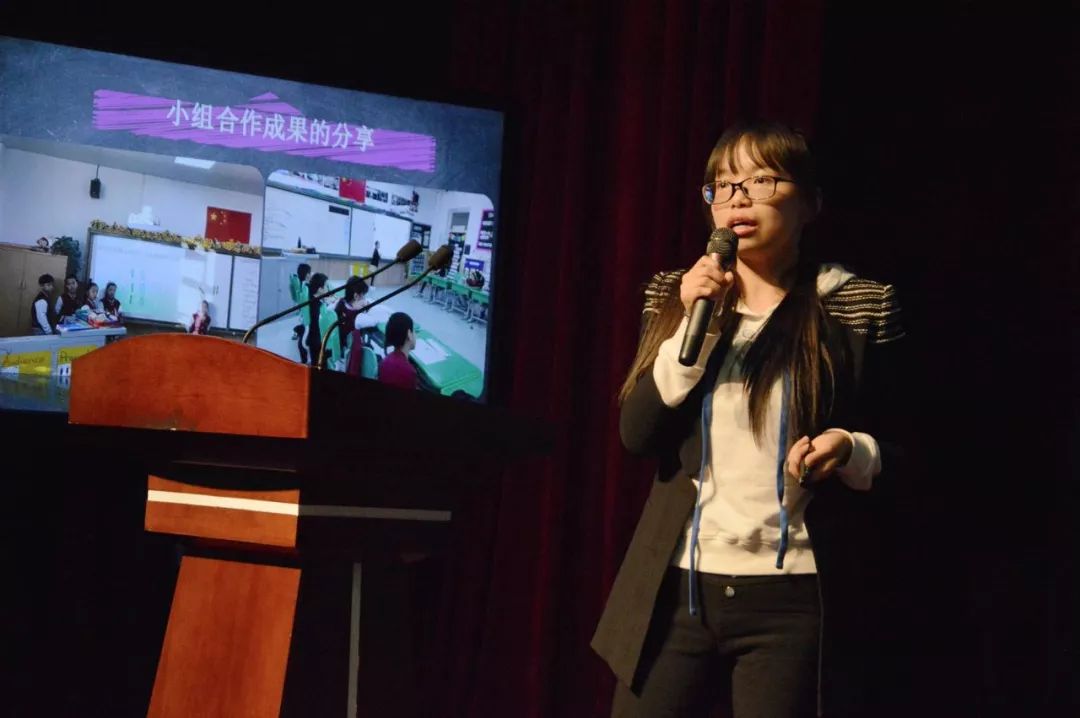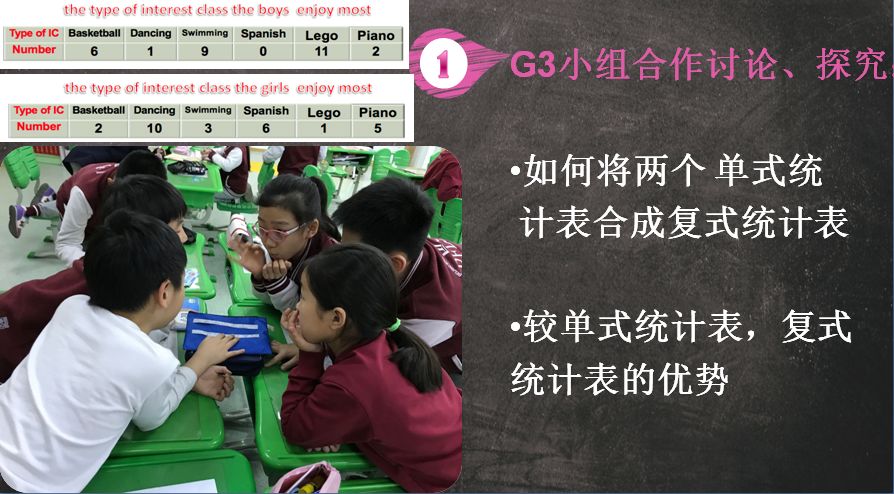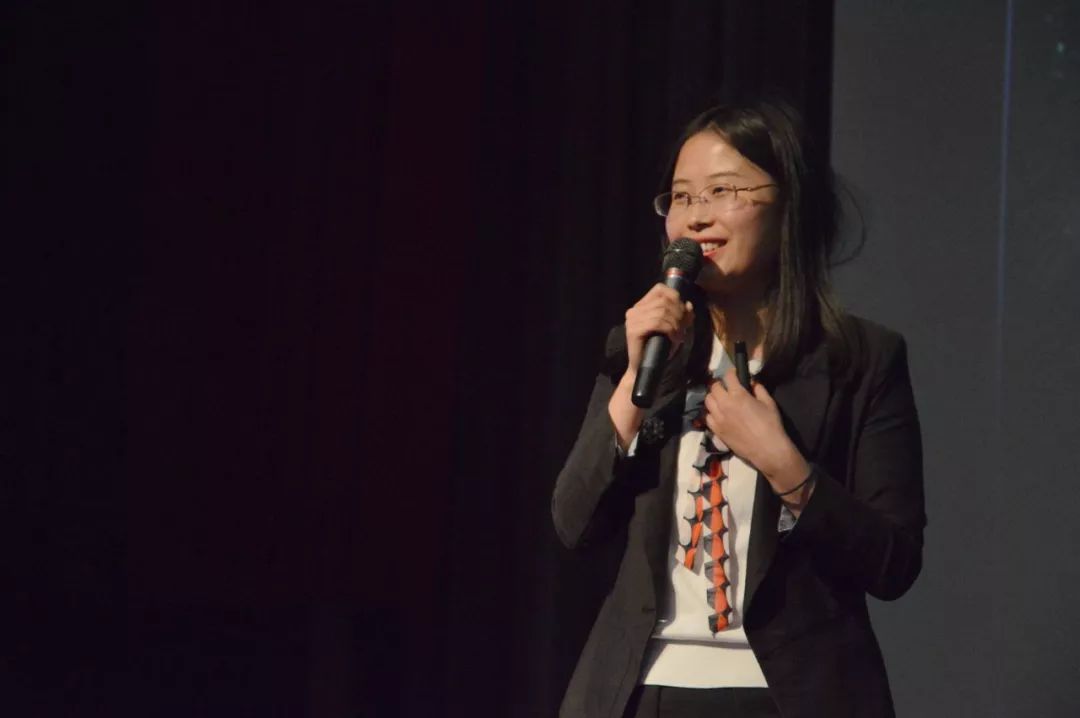PYP Maths Information Session Comes
What is the difference between PYP Maths and traditional Maths teaching? How do my children learn Maths in PYP classes? How can I help my children with their Maths? Parents of the PYP international classes had so many questions in their minds when they came for our PYP Maths Information Session on Wednesday afternoon, 25th April. The International Conference Hall of BRFLS was filled with parents both excited and curious.
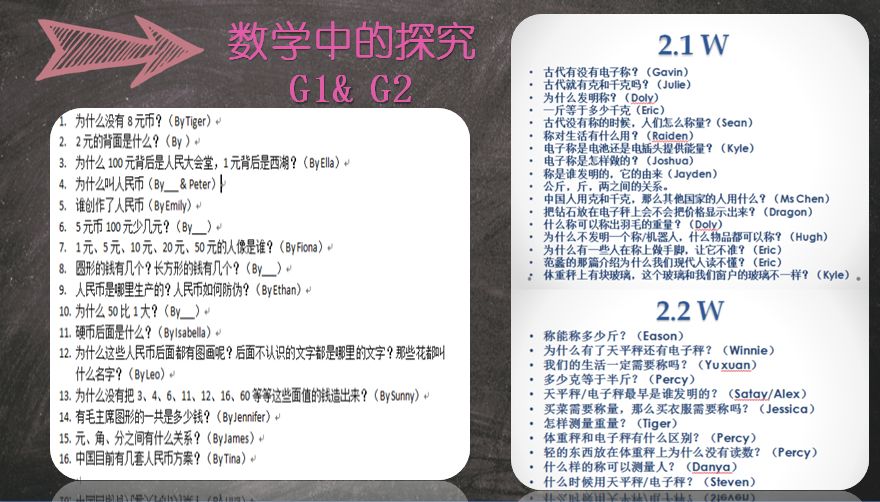
After our PYP Coordinator Ms Lisa Ann Coates gave a warm welcome to all the parents, the teachers from the PYP Maths group began their presentation. First, Ms Chen, the PYP math team leader, introduced the PYP math teachers. They are Ms Jennifer from Class 1.1/1.2, Ms Joecy from Class 1.3, and Ms Luna who is going to join our PYP math team next semester, and Ms Ying Luo from Class 3.1/3.2. They decided to give their speech the PYP way – they took turns and cooperated with each other to deliver this information session, featuring four key words: cooperative learning, inquiry, integration, and assessment.
As the first speaker, Ms Luo Ying from 3rd grade illustrated the feature of cooperative learning. She began by clarifying an essential question: why do we need cooperative learning? Next, she gave the parents a real taste of cooperative learning by showing some pictures and videos of children’s learning. Seeing their children trying to solve problems together and presenting their work as a whole group was a real treat for the parents.
Ms Luo’s presentation was followed by Ms Joecy’s speech about inquiry. All IB learners should strive to be inquirers, which is one of the ten PYP learner profiles. To avoid confusion, Ms Joecy started by explaining the relationships between inquiry and cooperative learning, and then she prompted the audience with three important questions: “What is inquiry?”“ How do we do inquiry? ”and “Why do we do inquiry?”. As Ms Joecy said, inquiry was not just about solving problems in a different way; it’s more about “developing their interests in learning Maths, and encouraging them to think”. In the long run, being an inquirer can have a deep influence on children’s future learning and development.
Next, Ms Chen from 2nd grade gave her speech about integration, which included transdisciplinary learning and how Maths can be integrated with the six PYP transdisciplinary themes. It should be noted that a whole-school approach should be taken when developing and refining a programme of inquiry, and Maths should work with other subjects to help students develop an understanding of the central ideas of each theme. By displaying some worksheets, pictures and videos, Ms Chen showed the audience that Maths learning can be integrated with all subjects: Arts, Music, Dancing, and language learning, etc., and the best part of transdisciplinary learning. When parents and teachers watched a video of the student who danced with 9 timestable chant, they were amazed to see students having a lot of fun during learning.
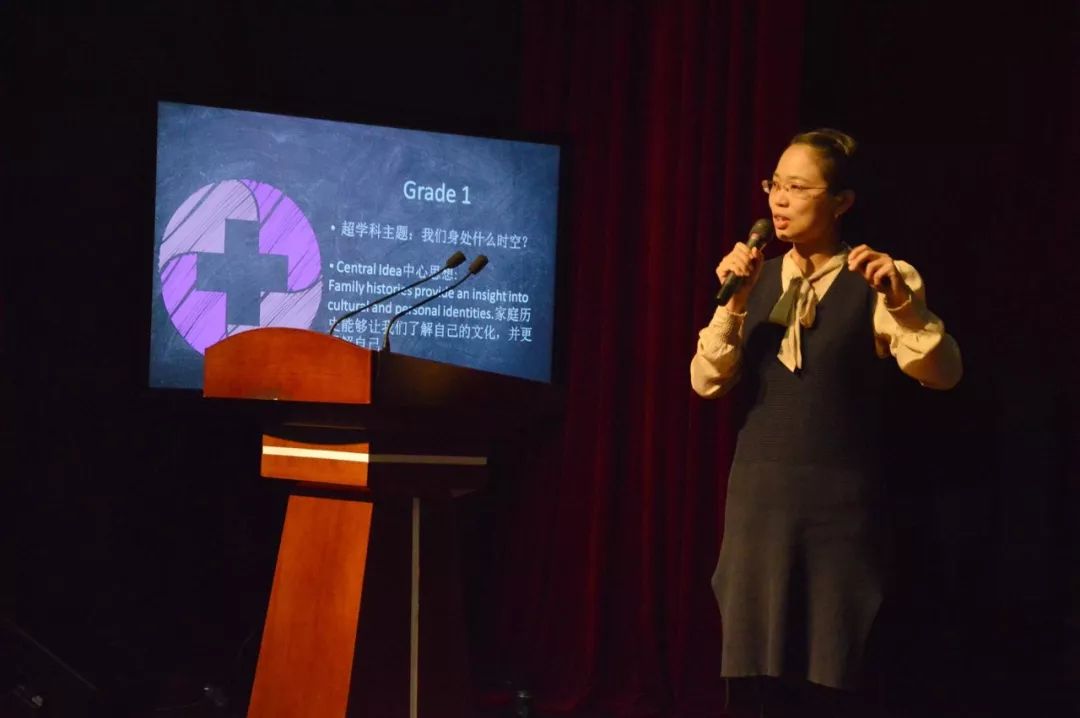
The last key word was assessment, and this part of the speech was delivered by Ms Jennifer from 1st grade. The PYP assessment consist of two parts: summative assessment (assessment of learning), and formative assessment (assessment for learning).The first part usually happens after learning which includes traditional tests and the latter quite often happens during learning, for instance classroom observation and students’ works,which provide valuable insights into how to teach in the future. In PYP classes, the teachers believe that assessment is not just a score on the test paper.

Ms Jennifer also talked about how parents can work together with the school and of their important role in children’s development. Ms Jennifer suggested that spending more time with children can never be wrong, even if it’s helping with their homework or just talking to them about what happens at school.
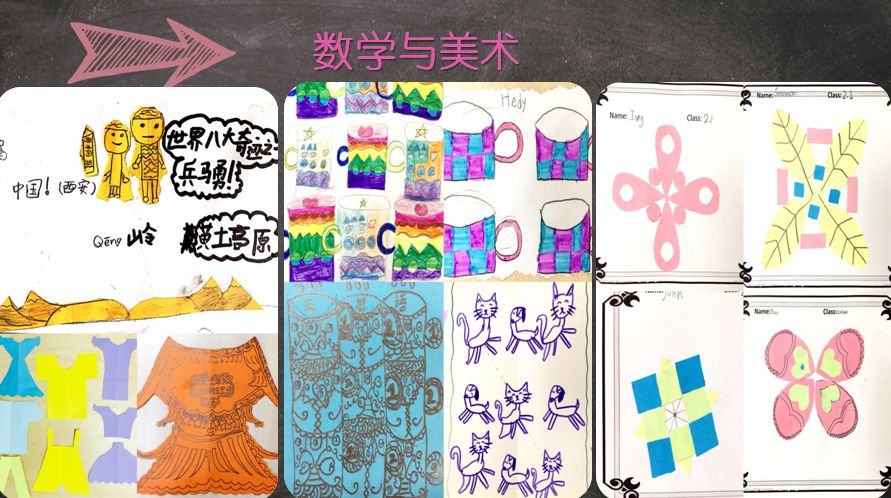
The last part of this information session is parents questioning. They asked many good questions and discussed with teachers about children’s learning. It was an enlightening discussion to finish the session with.
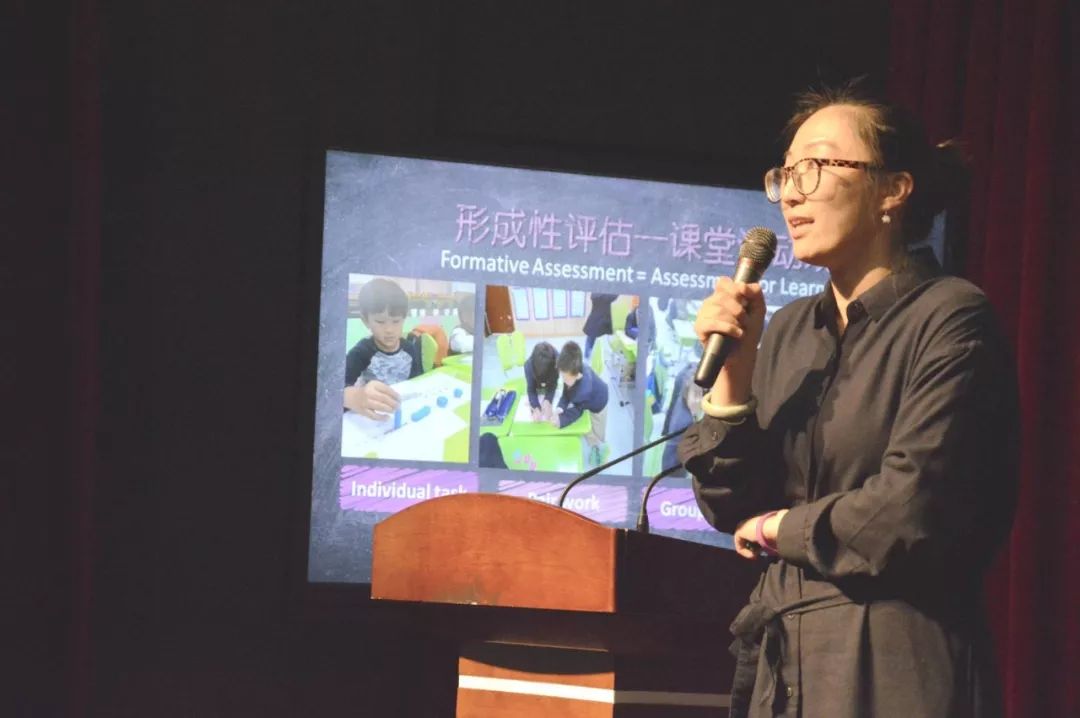
For our PYP Maths teachers, Maths is not just about calculation and getting the right answer. Instead, it’s more about helping children develop their critical and logical thinking. As Ms Lisa said at the end of the session, PYP teachers want their students to love Maths and we can see from all the pictures and videos that they were having a lot of fun. Our PYP Maths teachers believe that everything they was done will have a deep influence on their children. That’s always more important than just doing great in exams.
